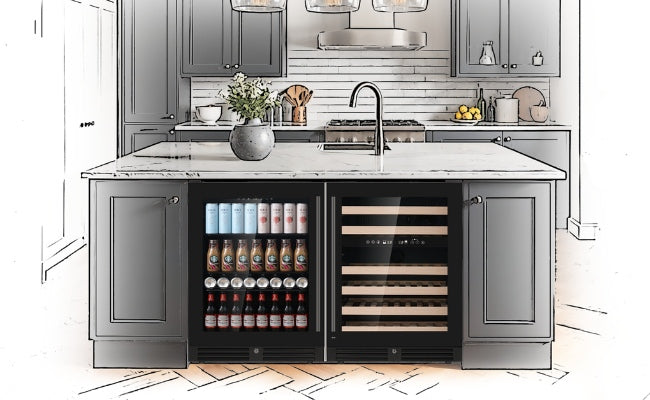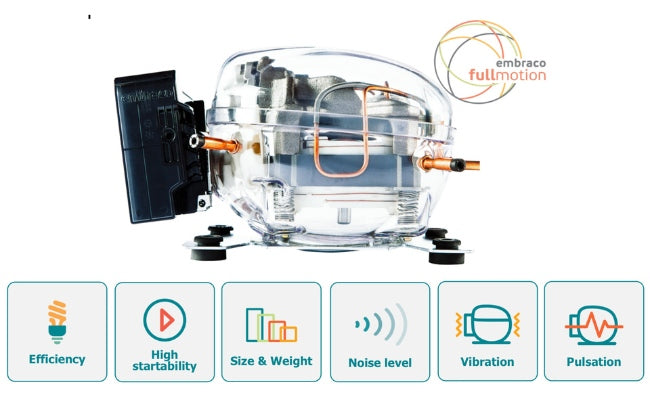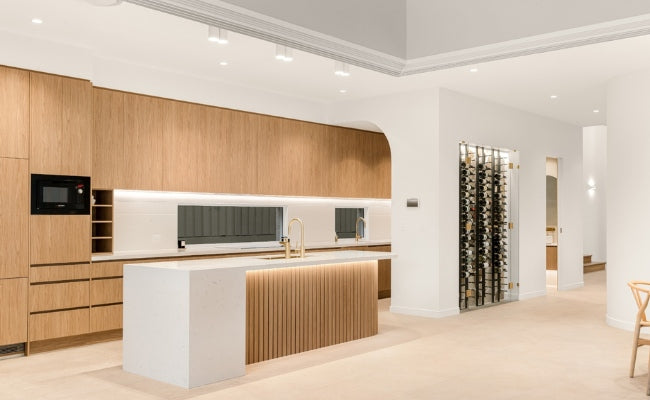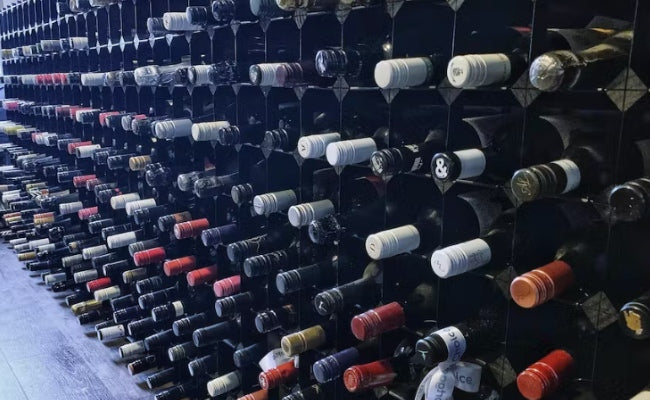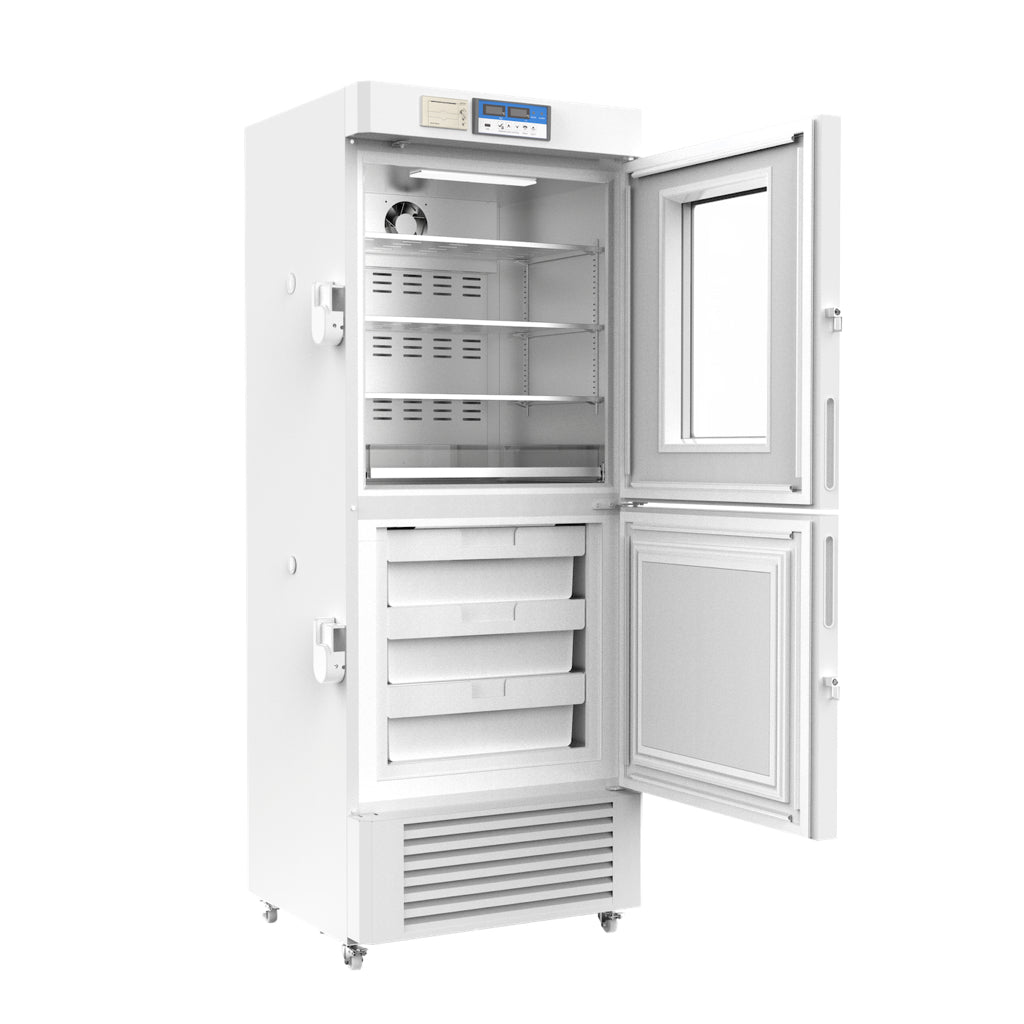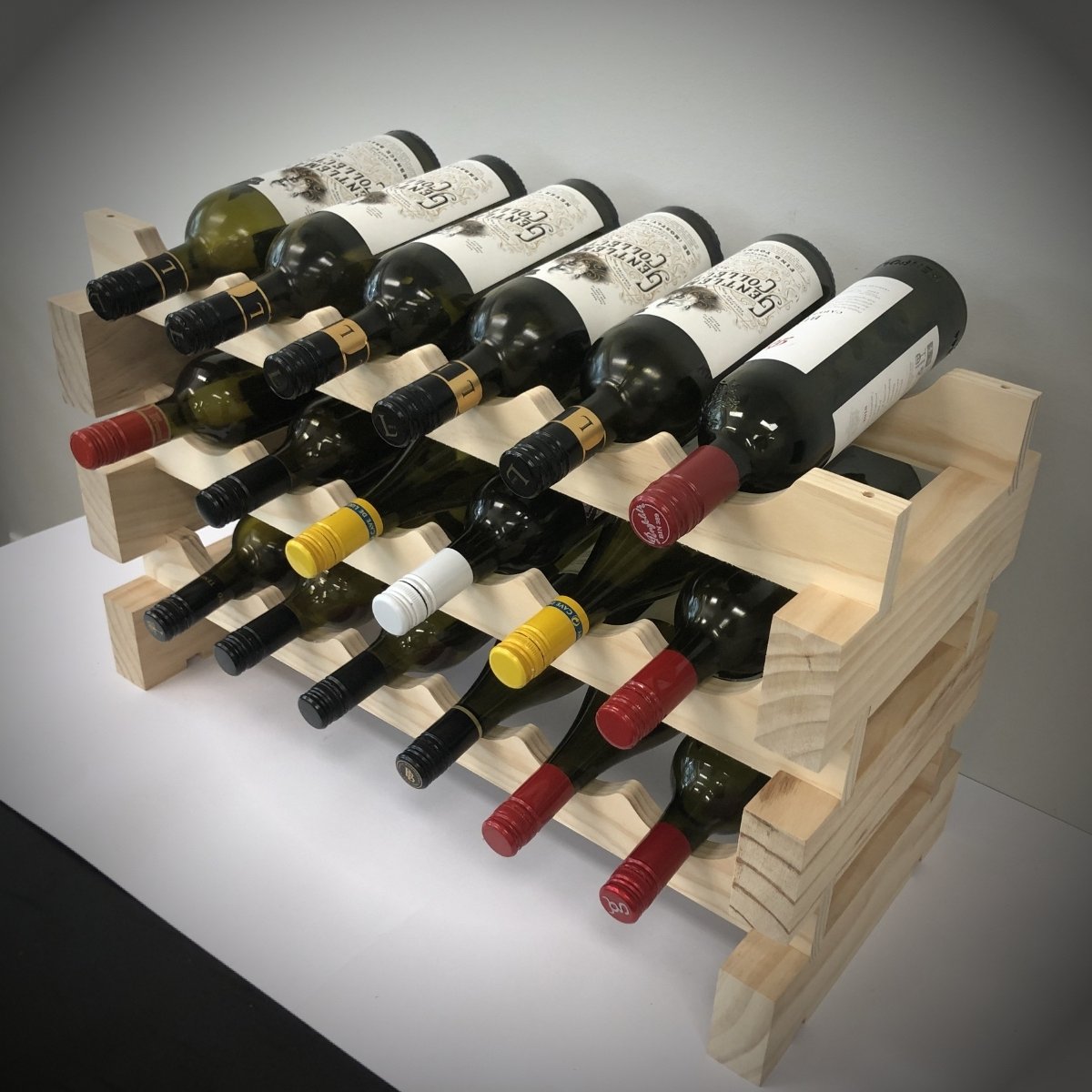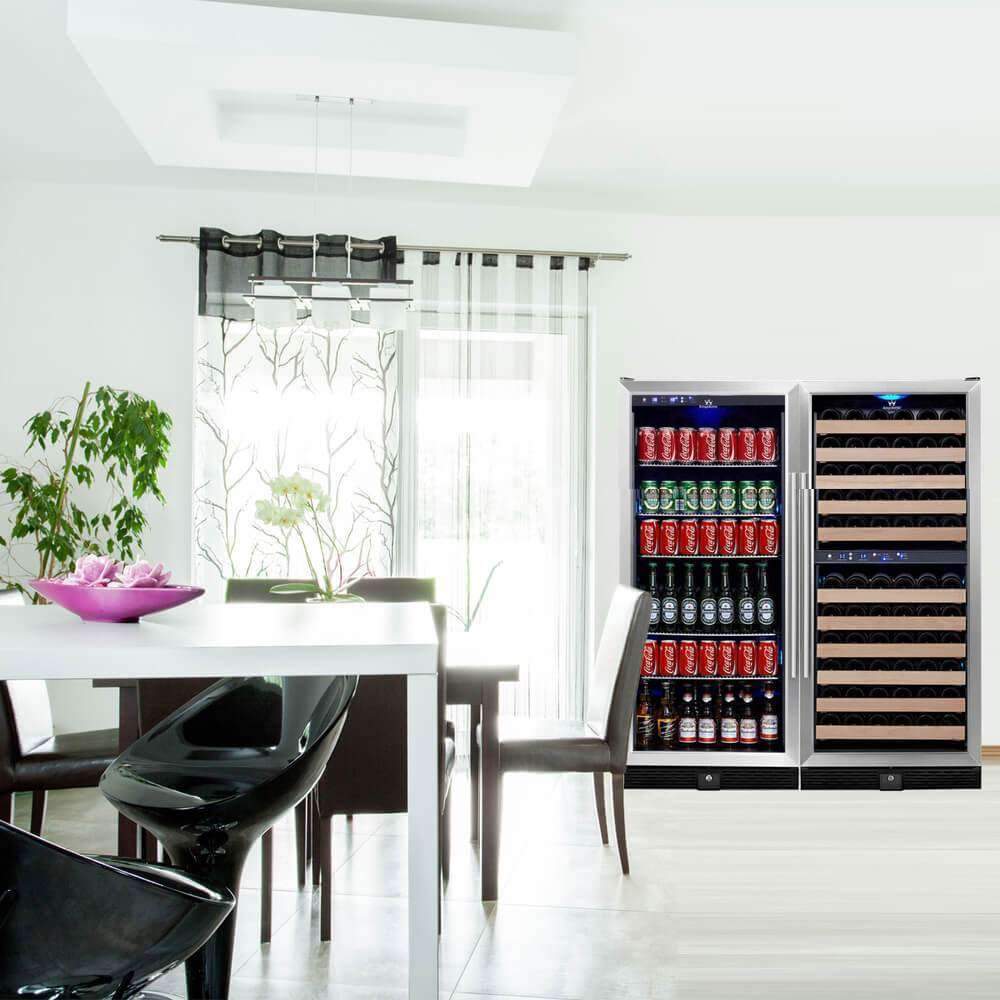
The Importance of Proper White Wine Temperature Storage for Optimal Flavor and Quality
White wine is a popular beverage that is enjoyed by many people all around the world. Whether it's a warm summer evening or a special occasion, white wine can be the perfect complement to a meal or a gathering. However, for those who are passionate about white wine, ensuring that it is stored correctly is of utmost importance. Proper storage is crucial for maintaining the flavor, aroma, and quality of the wine.
One of the most important factors in white wine storage is temperature. The ideal temperature for white wine storage is between 41°F and 46°F (5°C to 8°C). This temperature range slows down the aging process of the wine, preserving its aroma, flavor, and quality. Wine stored at higher temperatures will age faster, causing the flavors and aromas to change. Higher temperatures also cause the wine to evaporate, which can affect the wine's flavor and aroma. On the other hand, wine stored at lower temperatures can freeze, leading to the formation of ice crystals, which can damage the wine's flavor and aroma.
The Best White Wine Temperature Storage Solutions for Home
For home use, wine refrigerators are a great option. Wine refrigerators are the safest option for white wine storage as they provide a consistent temperature, which is critical for wine preservation. It's also important to keep in mind that temperature fluctuations can be detrimental to the quality of the wine. A sudden change in temperature can cause the wine to spoil, and the rapid change in temperature can lead to the wine expanding and contracting, which can cause the cork to push out. This can result in the wine oxidizing and the flavor being compromised.
Wine refrigerators also come in different styles, including freestanding, built-in, and under-counter, making it easy to find the perfect one to fit your needs. Some wine refrigerators even come with additional features like humidity control, UV-protected glass doors, and adjustable shelving.
For those looking for a more cost-effective option, wine storage cabinets and wine cooling units are also available. These units are designed to be installed in wine cellars, wine rooms, or other temperature-controlled environments and provide a consistent temperature for wine preservation.
The Dos and Don'ts of Storing White Wine at the Right Temperature
White wine is a delicate drink that requires proper storage to maintain its fresh and crisp taste. Proper storage can help prevent spoilage and protect the wine's aroma and flavor. Here are the dos and don'ts of storing white wine at the right temperature:
Dos:
- Store white wine in a cool, dark place. Ideal temperatures for white wine storage range from 41 to 55 degrees Fahrenheit. This helps to prevent spoilage and keep the wine fresh.
- Store white wine on its side. This helps to keep the cork moist and prevents air from entering the bottle, which can lead to spoilage.
- Keep white wine away from light. Light can cause the wine to spoil, so it's important to store it in a dark place.
- Store white wine at a consistent temperature. Sudden changes in temperature can cause the wine to spoil, so it's important to keep the storage temperature consistent.
- Use a wine fridge. A wine fridge is specifically designed to store wine at the right temperature and is a great way to ensure that your white wine is stored properly.
Don'ts:
- Don't store white wine in direct sunlight. Sunlight can cause the wine to spoil, so it's important to store it in a dark place.
- Don't store white wine near strong odors. Strong odors can penetrate the cork and affect the taste of the wine.
- Don't store white wine in a place with high humidity. High humidity can cause the cork to rot, which can lead to spoilage.
- Don't store white wine for too long. White wine is best consumed within a year or two of purchase, so it's important to not store it for too long.
Debunking Myths and Providing Expert Tips on White Wine Temperature Storage
There are many myths and misconceptions surrounding white wine storage, and it can be difficult to determine the best course of action. We will debunk some of the most common myths about white wine temperature storage and provide expert tips for preserving the quality and flavor of your white wine.
Myth #1: White wine should be stored in the refrigerator
While it's true that white wine should be stored at a cool temperature, storing it in the refrigerator is not always the best option. The average household refrigerator is designed to maintain a temperature of around 37-40°F, which is too cold for white wine. This can cause the wine to lose its flavor and aroma and become dull and flat. Instead, white wine should be stored at a temperature of 41-55°F, which can be achieved by using a wine fridge or wine cellar.
Myth #2: White wine can be stored in the freezer
Storing white wine in the freezer is a common misconception, but it is not recommended. The temperature in a freezer is much too low for white wine and can cause the wine to freeze. This can cause the wine to expand, which can damage the bottle and the cork. Freezing white wine can also alter the flavor and aroma of the wine, making it less enjoyable to drink.
Expert Tip #1: Store white wine on its side
One of the best ways to preserve the quality and flavor of white wine is to store it on its side. This helps to keep the cork moist and prevents air from entering the bottle, which can lead to spoilage. By storing white wine on its side, you can ensure that the cork remains tight and the wine stays fresh and flavorful.
Expert Tip #2: Keep white wine away from light and strong odors
Light and strong odors can both have a negative impact on the quality and flavor of white wine. Light can cause the wine to spoil and strong odors can penetrate the cork, affecting the taste of the wine. To prevent this, it's important to store white wine in a cool, dark place that is free from strong odors. A wine fridge or wine cellar is the best option for this.
Expert Tip #3: Store white wine at a consistent temperature
Consistent temperature is crucial when it comes to storing white wine. Sudden changes in temperature can cause the wine to spoil and affect its quality and flavor. To maintain a consistent temperature, it's important to store white wine in a temperature-controlled environment, such as a wine fridge or wine cellar.


